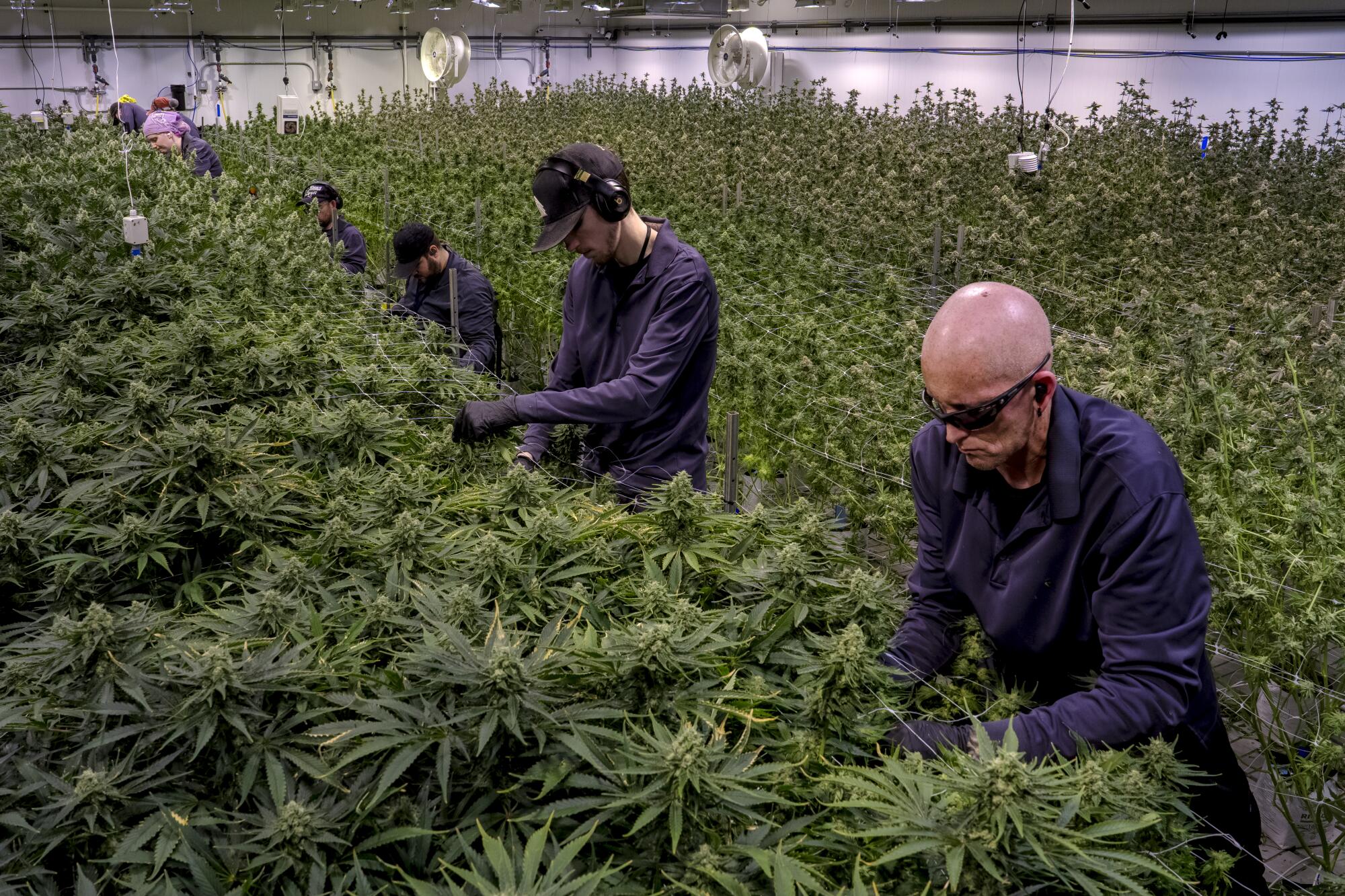Is Weed Legal In Michigan, As of December 2018, recreational marijuana is legal in Michigan, making it one of the states in the U.S. to embrace the legalization of cannabis. The passage of Proposal 1, a ballot initiative, allowed adults aged 21 and over to possess and use marijuana for recreational purposes. Here’s a closer look at the specifics of marijuana legality in Michigan, including possession limits, cultivation rules, and medicinal use.
Recreational Use
Under the Michigan Regulation and Taxation of Marihuana Act (MRTMA), adults can possess up to 2.5 ounces (about 71 grams) of marijuana in public. Additionally, individuals are allowed to keep up to 10 ounces (approximately 283 grams) in their homes. The law also permits adults to cultivate up to 12 marijuana plants for personal use.
Consumption Locations
While marijuana use is legal, there are restrictions on where you can consume it. Public consumption of marijuana remains illegal, and consumption in vehicles is also prohibited. Private properties, such as homes, are generally acceptable places for consumption, as long as the property owner allows it. Additionally, many municipalities have established their own rules regarding public consumption, which may further limit where cannabis can be used.
Medical Marijuana
Michigan has a well-established medical marijuana program, which has been in place since 2008. Patients with qualifying medical conditions can obtain a Medical Marihuana Card, allowing them to purchase marijuana from licensed dispensaries. The medical program provides broader access and protections for patients, including the ability to possess larger quantities of cannabis and grow more plants than recreational users.
Retail Sales
Following the legalization of recreational marijuana, licensed dispensaries began opening across the state. The Michigan Cannabis Regulatory Agency oversees the licensing of these dispensaries, ensuring they meet safety and regulatory standards. As of now, consumers can purchase a variety of marijuana products, including flower, edibles, and concentrates.
Taxes on Marijuana
Sales of recreational marijuana are subject to a 10% excise tax, along with the standard 6% sales tax. The revenue generated from these taxes is allocated to various public services, including education, roads, and local governments, providing a financial benefit to the state.
Challenges and Considerations
Despite its legalization, marijuana use in Michigan is not without challenges. Employers may still enforce drug-free workplace policies, and there are ongoing discussions about the effects of legalization on public safety and health. Additionally, while state law permits recreational use, marijuana remains illegal under federal law, creating a complex legal landscape.
Conclusion
In summary, weed is legal in Michigan for both recreational and medical use, subject to certain regulations regarding possession, consumption, and sales. As the landscape continues to evolve, it’s essential for residents and visitors to stay informed about the latest laws and regulations to ensure compliance and safe use of cannabis. As Michigan moves forward, the impact of legalization will likely shape policies and perceptions about marijuana use for years to come.
You Might Also Like These:



